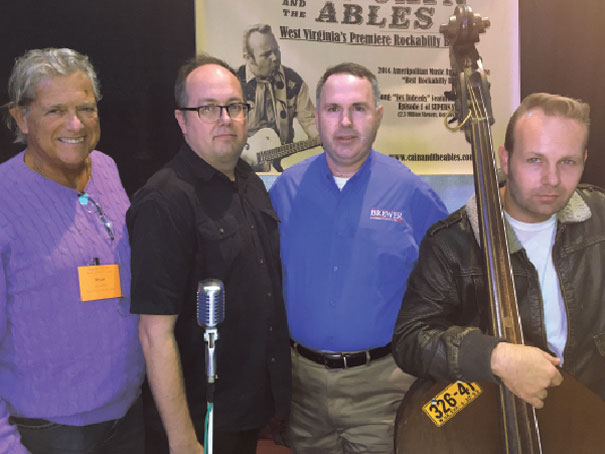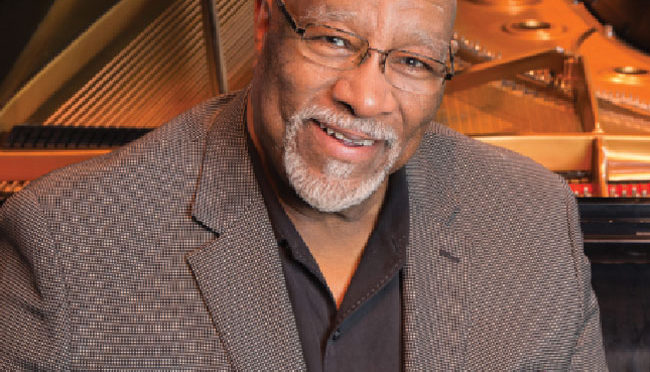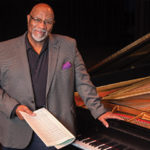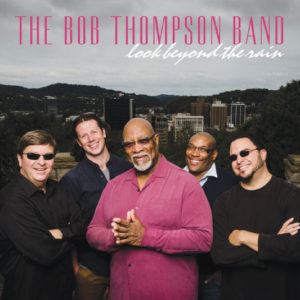Just two years after the Milwaukee Symphony Orchestra (MSO) implemented an emergency $5 million fundraising campaign to stay afloat, the orchestra announced in December that it achieved a balanced budget, with a small surplus of $41,000, for its most recent fiscal year. MSO ticket revenue increased by $340,000 last season.
MSO has also extended the musicians’ contract through August 2016, an agreement that was reached amicably due in part to the fact that MSO musicians are involved in the orchestra’s financial committees, fostering a sense of transparency and collaboration.
At the same time, Mark Niehaus, the orchestra’s president, signed a six-year contract extension. MSO in undergoing a music director search to replace Edo de Waart, who is planning his departure after the 2016-2017 season.





